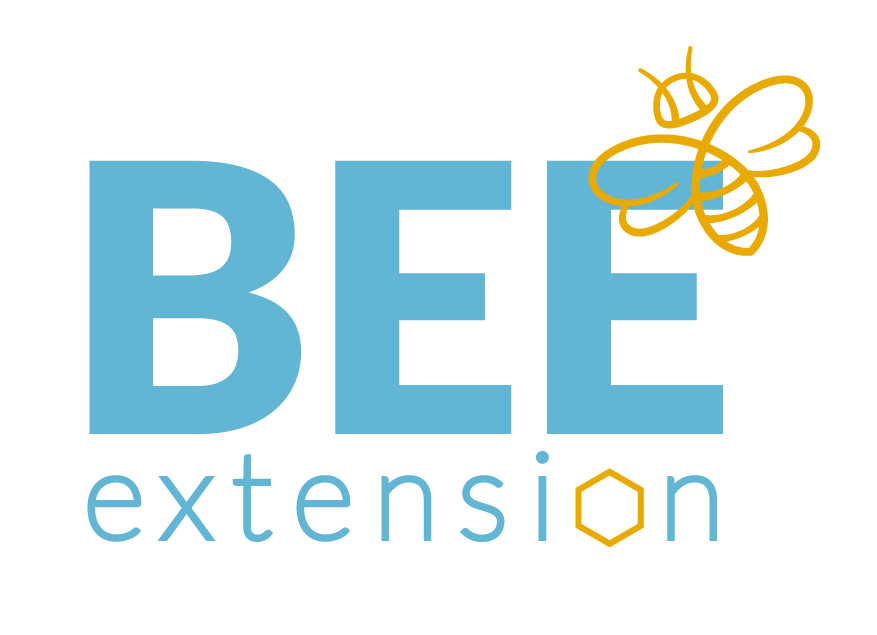Learning preferences
- Concrete experience
- Reflecting observations
- Abstract conceptualisation
- Active experimenting
Adult learning is supported by conscious shifts between experience and reflection, between taking action and modelling, between absolute presence and critical distance….

Two basic functions of communication
What gives advisory services credibility?
- Adjustment to the target group and trust
- Personal contact (however, pluralism in methods)
- Planning and preparation
- Correct information and implementation
- To reach out with the message
- Be able to answer questions (knowledge)
- Honesty
- Relevant, clear and easy to understand (correct level, language, etc.)
- Interesting that creates commitment and motivation
- Time (to let it take time)
- The adviser’s own experience
- Client Options (Competitive Situation)
- Possibility for the client to find additional information
- Follow-up and feedback methods (e.g.. advice receipt)
What makes group discussions successful?
- Clarify purpose, time frames, pre-conditions, etc.
- Facilitation (including documentation)
- Make one conversation at the time (thematic)
- Make closures (along the way and at the end)
- Bridge between themes
- Enable for all to have voice and to be respected
- Balance the individual need to be confirmed and the groups need to make progress (’optimal distinctiveness’)
- End by reflecting on both content, decisions made and working methods (including meta-communication)
The most important tool – YOU!
We have access to some simple tools as participants in a conversation, which will help the communication to be more learning oriented.
You can…
- Listen
- Confirm
- Ask questions
- Mirror
- Make yourself understood
- Move between distance (critical reflection) and closeness (empathy)
- Use meta-communication
12 principles for adult learning
- Needs assessment
- Safety
- Sound relationships
- Sequence and reinforcement
- Praxis: Action with reflection
- Respects for learners as subjects of their own learning
- Cognitive, affective, and psychomotor aspects
- Immediacy of the learning
- Clear roles and role development
- Teamwork: Using small groups
- Engagement of learners in what they are learning
- Accountability
